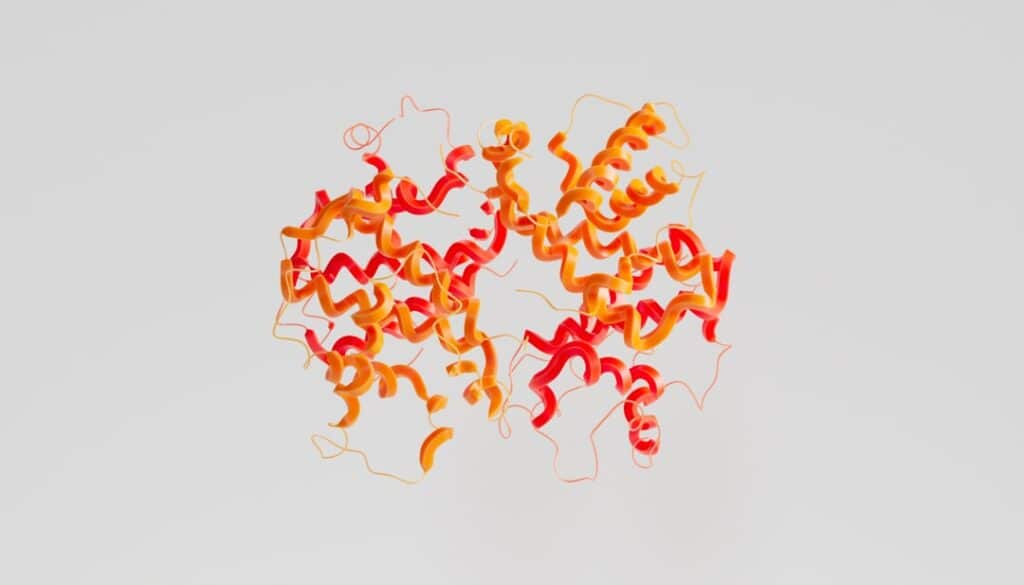Increasing our Health Span and Longevity with Epigenetics
Our modern age has brought a plethora of unprecedented anti-aging research, information, and modalities at our disposal and yet many people continue to fight chronic disease and decline in their later years. One of the reasons for this is that Conventional Medicine historically is about 17 years behind the research and is set up to be a reactionary “pill for an ill” prescribing, symptom management, disease treating system vs a preventative, root-cause lifestyle Functional Medicine approach.
Functional Medicine
Functional Medicine is proactive medicine that optimizes well-being.
Functional Medicine uses a systems biology approach to promote total wellness and provide care that treats the root cause of disease -not just the symptoms. So, while the scope and cost of chronic disease continue to rise with a Conventional Medicine approach, Functional Medicine has proven to reverse this trend by providing better outcomes and savings for both patients and the healthcare system in the long term.
We want to increase both our lifespan (how long we live) and health span (how well we live).
Epigenetics Lifestyle
While we all have a genetic predisposition to various diseases that we inherited from our ancestors, we now know that through the power of “epigenetics” (epi meaning above the gene) we can change how our genes are expressed by altering the environment we expose them to for better or worse.
This epigenetic lifestyle and environmental influences also account for the differences in Chronological Age vs Biological Age. Chronological Age refers to the actual number of years a person has existed while Biological Age refers to age as measured by various methods such as DNA and epigenetic alterations and biological biomarkers that can now be measured and quantified.
The basic concept behind biological aging is that aging occurs as you gradually accumulate damage to various cells and tissues in the body. So, the obvious application of this science is that we may slow the aging process by limiting damaging exposures and giving our body what it needs to promote healing and repair damage.
While genetics somewhat determines our lifespan and susceptibility to disease, our lifestyle in most cases has a more profound impact. A classic study on identical twins separated at birth established that only about 20% of how long the average person lives is dictated by our genes, whereas the other 80% is dictated by our lifestyle.
Research continues to verify those lifestyle choices and environmental influences are key parameters for increasing health span and decreasing biological age.
Think of these lifestyle choices and environmental influences as a “dimmer switch” that may “epi-genetically” dial down disease manifesting genes and up regulate health-promoting genes.
DNA methylation is an example of one of the many mechanisms of epigenetics responsible for how our genes express themselves and shift our biology to either have a positive or negative effect. We now know that diet and lifestyle have a major impact on DNA methylation.
Another aspect of epigenetics influence on our health is the composition of our microbiome. The trillions of micro-organisms that inhabit our gut contain approximately 150 times more genetic material than that in our bodies. Study of the human microbiome has now demonstrated that there are at least 3.3 million unique genes in the human gut, 150 times more genes than our own human genome of about 20,000 genes.
We live in the ultimate synergistic relationship with these microbes, as they produce multiple compounds essential for our health and also “epi-genetically” alter the expression of our genes. We now know that we can change the composition of our microbiome and thereby the composition of genetic material available to us literally within hours by nutrition and lifestyle practices.
While we cannot change our human genome, we can alter our microbial genome to one that synergistically improves our own genetic predispositions through a healthy diet and lifestyle. We are learning so much about the science of plants and how the micronutrients, fibers and phytonutrients contained in plants interact with our gut microbiome.

The Science of Genetics, Epigenetics, and the Microbiome
The science of genetics, epigenetics, and the microbiome have literally exploded us into a new era of science. However, a key principle to keep in the forefront of our practices is that as sophisticated as science has become, it only validates and promotes ancient wisdom and practices that have existed since the dawn of time in various cultures around the world.
Traditional diets and practices of non-industrialized cultures such as those followed by the Blue Zone cultures and the traditional Mediterranean Diet and Lifestyle have been substantiated by decades of research to provide multiple health and longevity benefits.
The Mediterranean diet is based on the traditional foods that people used to eat in countries bordering the Mediterranean Sea, including Greece and Italy. Researchers noted that these people were exceptionally healthy and had a low risk of many chronic conditions. The Blue Zone regions are home to some of the oldest and healthiest people in the world.
The Blue Zones is a program based on principles identified during an ongoing twenty-year worldwide longevity study commissioned by National Geographic to examine cultures and regions of the world with the highest concentration of centenarians (people who live to be 100 years old) who have low rates of chronic disease. In other words, they have the longest “healthspan” not just Lifespan.
While the lifestyles of the healthiest populations differ slightly, they mostly eat a plant-based diet, exercise regularly, drink moderate amounts of alcohol (with meals), get enough sleep and have good spiritual, family, and social networks.
Each of these lifestyle factors has been shown to be associated with longer and healthier life:
- Plant-Centric Diet- A healthy diverse, colorful, fiber rich primarily plant-based diet including vegetables, fruits, healthy fats, legumes, nuts/seeds and omega rich seafood and eggs form the basis of the Blue Zones and Mediterranean Diets. Animal protein from grass-fed, pastured, organic and hormone/antibiotic free sources is included in smaller quantities. Foods are seasoned liberally with health promoting herbs and spices.
- Natural Movement- Balanced exercise and joyful movement throughout the day. A walk outside in nature has notable benefits to our mental state and the health of our microbiome. Our microbiome begins in our nose.
- Spirituality -Research shows that belonging to a religious community and spiritual practices such as meditation fosters positive expectations and release of stress to a “higher power”. Denomination does not seem to matter.
- Sense of Purpose- Okinawans call it “Ikigai” and the Nicoyans call it “plan de vida” which translates to “Why I wake up in the morning.” Having a greater purpose in life contributes to longevity and overall health and well-being.
- Family First and Social Networks-Strong family and healthy relationships are strongly associated with healthy behaviors and increased life-expectancy. Social connections and support are essential to our health.
- Rest and Restorative Sleep-Sabbath Rest and Recreation (re-create) brings in a healthy balance of work and play to wellness. Most people need at least 7-9 hours of sleep per night.
- Fasting or Time Restricted Eating-All calories should be consumed in no more than a 12-hour period that ends a few hours prior to bedtime. Fasting allows the body to focus on DNA and cellular repair at rest and turns on genes that lower inflammation.
- Good Gut Bacteria-a Diverse and Balanced microbiome is essential to survival and health as these microbes produce multiple metabolites essential for our health and epigenetics fills in the “gaps” in our genetic deficits.
Epigenetics Summary
As we combine the best of emerging epigenetics science with the foundation of ancient wisdom and practices, we are equipped with the tools to design a tailored and targeted “anti-aging” program for you. Research on epigenetics continues to provide us with a precise fine-tuned application of these foundational interventions to increase your health span and decrease your biological age.
References
- The heritability of human longevity: a population-based study of 2872 Danish twin pairs
- Blue Zones-Lessons from the World’s Longest Lived
- https://www.aging-us.com/article/202913/text
- Potential reversal of epigenetic age using a diet and lifestyle intervention: a pilot randomized clinical trial
- The inflammation theory of disease
- Mobility and muscle strength trajectories in old age: the beneficial effect of the Mediterranean diet in combination with physical activity and social support
- The Mediterranean Diet: From an Environment-Driven Food Culture to an Emerging Medical Prescription
- The Middle Eastern and biblical origins of the Mediterranean diet
- Common methods of biological age estimation
- Human gut microbiome: the second genome of human body









